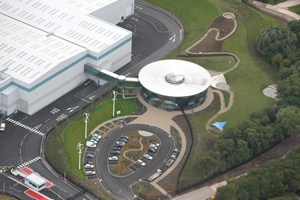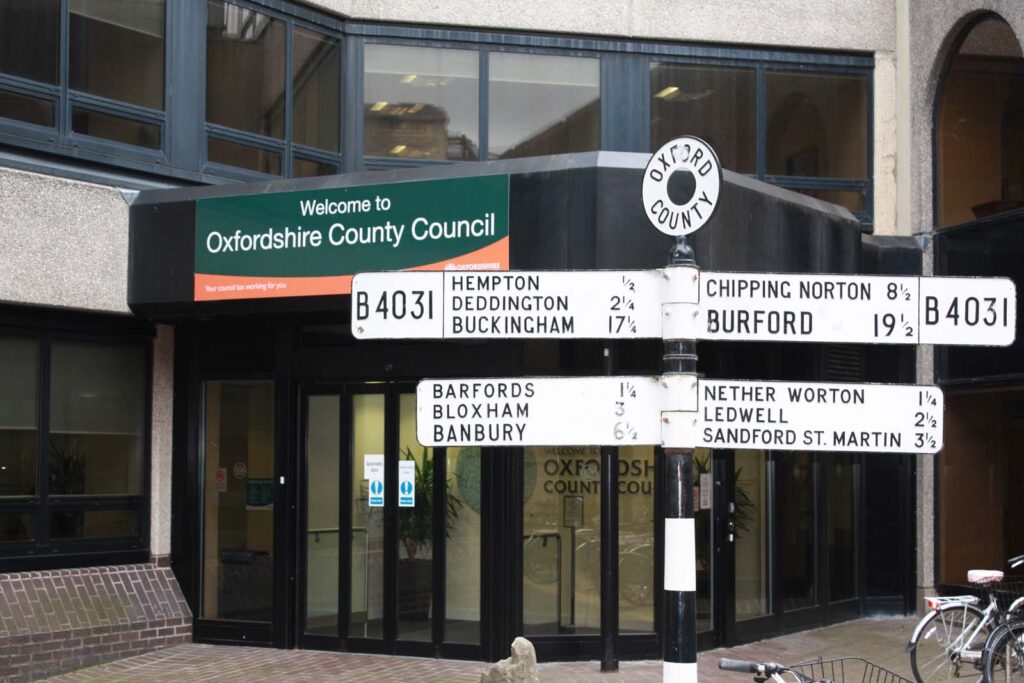Preston city council is due to meet on Wednesday (September 24) to decide whether to cease its limited food waste collection service.

The dedicated food waste collection service was rolled out for some 15,000 inner city properties – around a quarter of Preston – in 2005, in a bid to divert the waste stream from being sent to landfill alongside black bag waste.
However, since 2010 residual waste has been sent to the mechanical biological treatment (MBT) plant in Farington, which was run by Global Renewables before being taken over by Lancashire county council and Blackpool borough council earlier this year.
Service
Now, the council has suggested terminating the separate food waste collections as it claims the food can be recycled into compost like-output in the MBT. Residual waste is currently collected in grey wheeled bins from households on a fortnightly basis.
The council adds that around 40% of households that were provided with the food waste service have signed up for brown bin collections of garden waste – which it claims gives those residents the option to recycle their food waste weekly by mixing it alternately with the residual or green waste load.
While the council concedes that the proposal is ‘not as beneficial’ as composting the material separately, it argues there is an environmental benefit to treating green waste and food waste as a single load.
Recycling rate
The council predicts that removing the separate service could see Preston’s recycling rate drop by around 1%, based on current collected tonnages of food waste of 520 tonnes.
Preston households currently have a two-bin recycling system, with a red-lidded container for paper and cardboard and a yellow-lidded box for glass, plastics and cans collected on a fortnightly basis. In 2012/13, the council achieved a recycling rate of just 34.72% – short of the 50% required by 2020.
The local authority concedes that any decision to cease the inner Preston food waste collection service maybe ‘unpopular’ given how well it has been received by participants.
And, closing the service would require the loss of three jobs at the council, although the authority is already carrying two vacant posts pending a decision on the future of collections.
Cost-sharing
Defending the proposals, Duncan Coward, head of waste management at Preston city council, said that residents should remember the food waste collections were never rolled out on an ‘authority wide’ scale and are not required as part of the cost sharing agreement with Lancashire county council.
Mr Coward said: “There is going to be a reduction in the range of services we can offer to the public but ultimately the benefits are still there.
“The last three to four years we have invested very heavily in the dry recycling collections. The tonnages we have picked up have increased massively.
“While there may be an impact for us as Preston city council to us to some extent it’s offset by the increases we are getting in the dry recyclate.”
Mr Coward added that cessation of the food waste service could provide a saving of almost £90,000 to the council, as well as a one-off receipt of £2,500 from the sale of the collection vehicle – which was scheduled for replacement in 2016/17.








Subscribe for free